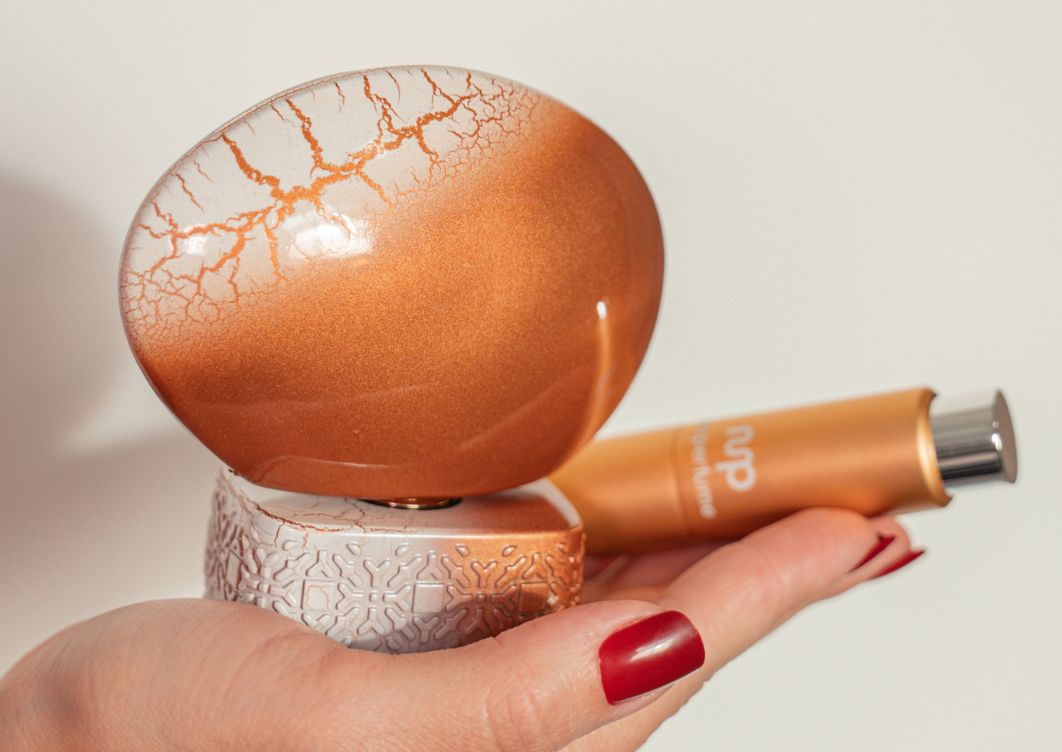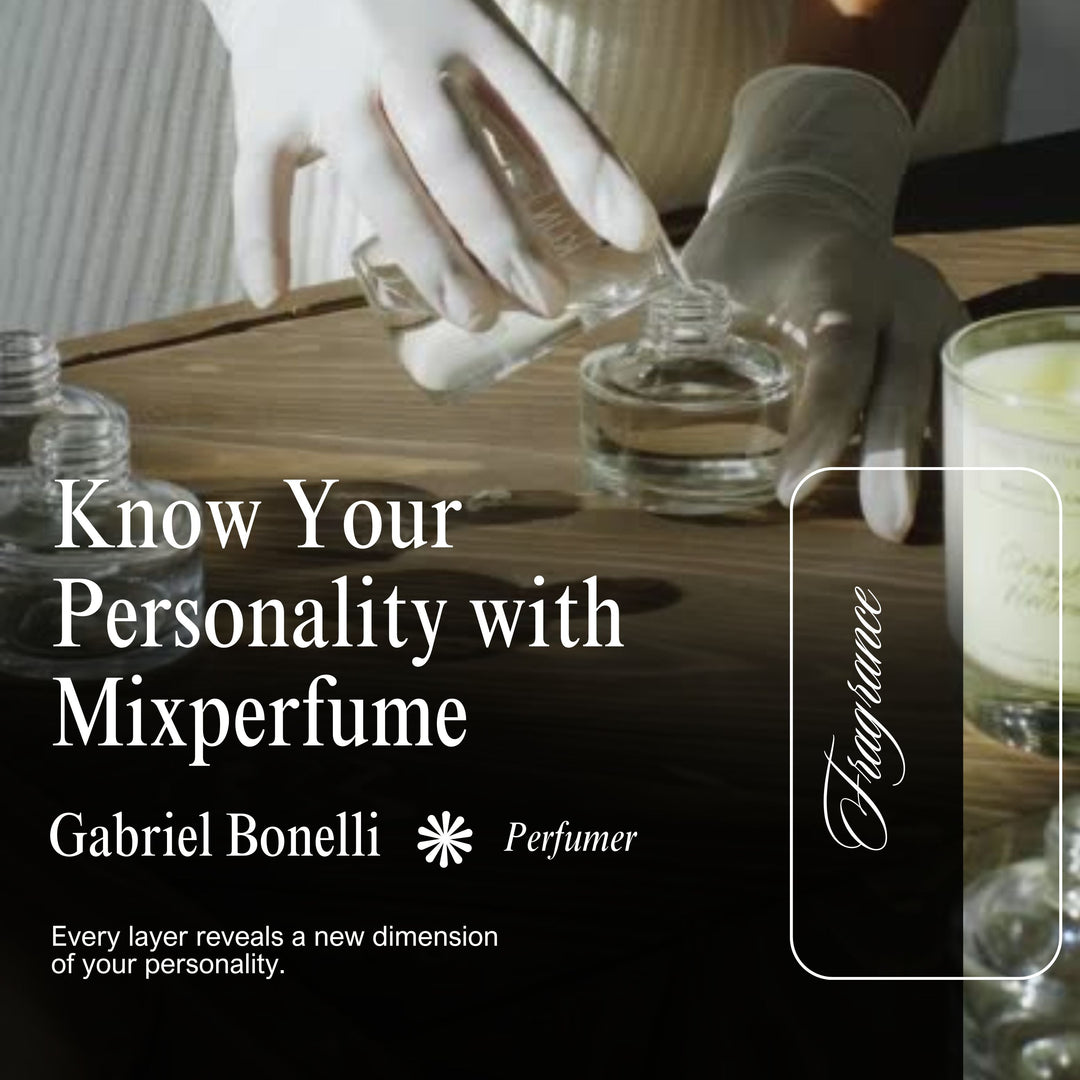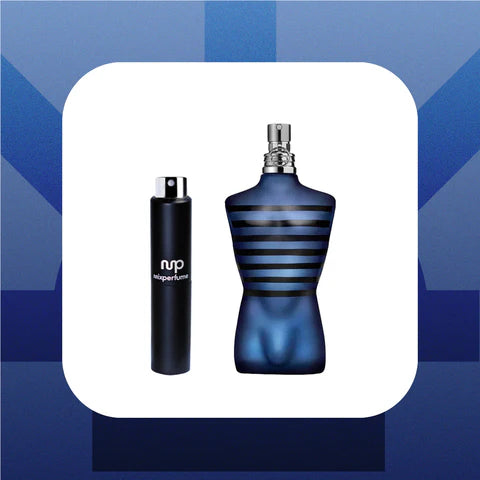Main Difference between Designer vs Niche Fragrances
In the world of perfumery, fragrances are often categorized into two main types: designer and niche. Each type offers unique qualities and caters to different preferences and tastes. Understanding the main differences between designer and niche fragrances can help you choose the right scent that matches your personal style and expectations. This guide explores the distinctions between these two fragrance categories, highlighting their characteristics, appeal, and market presence.
What Are Designer Fragrances?
Designer fragrances are produced by companies that are primarily known for their fashion and lifestyle products. These fragrances are mass-produced and widely available, often found in department stores and mainstream retail outlets.
Characteristics of Designer Fragrances:
- Mass Appeal: Designer scents are typically created to appeal to a broad audience. They often feature familiar, pleasant compositions that are less likely to polarize users.
- Brand Identity: The scent is often designed to fit the brand's overall image and marketing strategy, complementing their fashion lines, accessories, or overall aesthetic.
- Price and Accessibility: Generally, designer fragrances are more affordable and widely available than niche scents. They are marketed to a large demographic and are meant to be accessible both in price and presence.
What Are Niche Fragrances?
Niche fragrances are usually produced by brands that specialize solely in perfumery or by brands that aim to offer more unique, exclusive scents. These fragrances are typically produced in smaller batches and are not widely distributed.
Characteristics of Niche Fragrances:
- Unique Scent Profiles: Niche perfumes often explore more complex, unusual notes or perfume compositions not typically found in mainstream offerings. They cater to fragrance aficionados looking for something different from the conventional.
- Exclusivity and Craftsmanship: These perfumes are often positioned as more luxurious or exclusive due to their limited availability, specialized ingredients, and often handcrafted production processes.
- Higher Price Point: Due to the quality of ingredients and smaller production scale, niche fragrances generally come at a higher price. They are often seen as a more luxurious investment in personal scent.
Key Differences between Designer and Niche Fragrances
1. Scent Complexity and Uniqueness
- Designer: Tends to be more straightforward and universally appealing.
- Niche: More complex and often challenging, with unique combinations that stand out.
2. Production and Distribution
- Designer: Large-scale production and widespread distribution.
- Niche: Small-scale production with limited distribution channels.
3. Target Audience
- Designer: Broad consumer base.
- Niche: More targeted towards perfume connoisseurs and those seeking unique, personal expressions through scent.
4. Marketing and Branding
- Designer: Heavily marketed, often with celebrity endorsements or high-profile advertising campaigns.
- Niche: More subdued marketing, focusing on the quality of the fragrance and artisanal aspects.
Conclusion: Which Is Right for You?
The choice between designer and niche fragrances depends on your personal preferences, your desire for exclusivity or familiarity, and your interest in the art of perfumery. If you enjoy scents that are readily accessible, consistent, and with broad appeal, designer fragrances may be more suitable. However, if you are drawn to unique, less conventional scents and value artisanal craftsmanship, niche fragrances could be a fascinating world to explore.
Understanding these differences can enhance your appreciation for perfumes and help you make more informed choices that align with your personal scent preferences. Whether you lean towards the accessible luxury of designer fragrances or the bespoke allure of niche creations, both worlds offer enriching olfactory experiences worth discovering.









Leave a comment